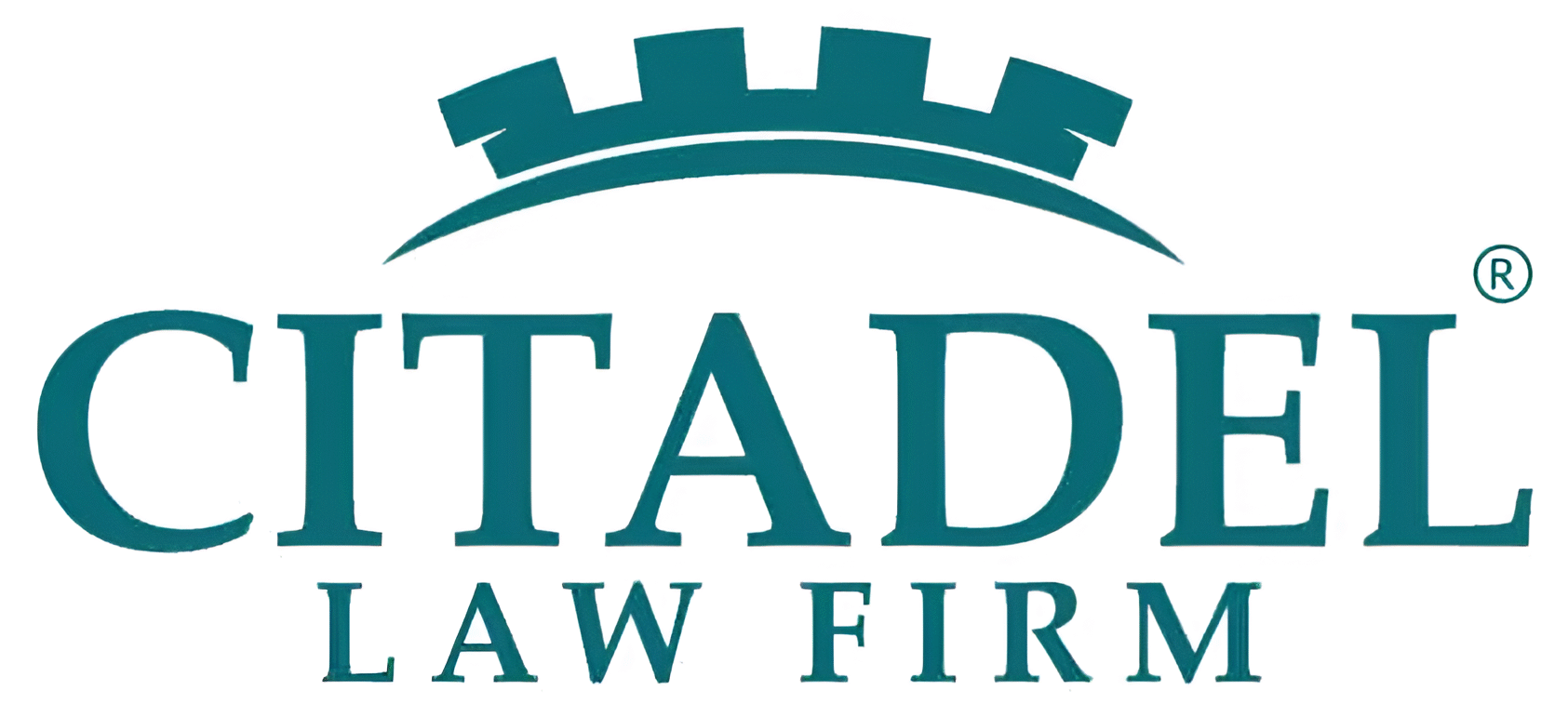Talk to an Estate Planning Attorney today to get help with your Living Will in Chandler
A Living Will Attorney in Chandler will be able to understand your needs and find the right estate planning services for you with personal attention.

In the event a client could not or did not move assets into their living trust, we also prepare for them a last will and testament. The beneficiary of the last will and testament is the client’s living trust. This ensures that upon one’s passing, if all assets are not placed into the living trust, then there is a last will and testament to probate assets into the living trust as a failsafe. But, as we advise clients, this should only be relied upon as a backup in most circumstances and clients should endeavor to move as many assets as possible into their living trust. There are certain assets that should never be put into a living trust and we work with clients to ensure this never happens.
A financial power of attorney grants a third party, referred to as an “Agent,” to have control over a client’s personal property and real estate not held in the living trust. Many financial powers of attorney will grant an Agent the authority to fund (i.e. move assets into) a living trust. In exercising this power, the financial power of attorney agent can help a client avoid probate by using the powers granted to shift assets out of the individual’s ownership into the living trust if a client is unable to do so for themself.
A healthcare power of attorney similarly grants a third party Agent authority but in this case it is over the client’s physical person. Many will consider this only an end-of-life document, and it certainly should contain such provisions, but it is often used for people of all ages who are not in a position to make medical decisions for themselves. Naming loved ones as Agents to make such decisions can avoid costly legal bills in the future for a family to put in place a court ordered guardianship to make such decisions in the absence of a healthcare power of attorney.
Lastly, comes the Living Will in Chandler. In some states a Living Will is referred to as an Advance Directive, Advanced Healthcare Directive, or Medical Directive. The Living Will is a statement to spouses, children, courts, and medical providers of what types of medical care a client wishes if they are unable to communicate such desires themself.
The most obvious statement involves a client’s desire to not be kept alive by artificial means if there is no meaningful hope of recovery from an illness or injury. We have all heard the horror stories of a person who has been kept alive for months or years, perhaps in an unresponsive and comatose state, while their life savings is expended on medical care with no hope and a family grieves for their loved one who cannot be allowed to pass naturally. A living will is a legal statement designed to avoid this scenario. In addition, a living will can also address pain management and authorize the alleviation or treatment of pain even if doing so may hasten death. So the living will is a failsafe document to enable a client to express their wishes about avoiding pain and spending their last days in as comfortable a state as possible.
Call Citadel Law Firm, PLLC today to talk to an Estate Planning Attorney Chandler so he can help you with your Living Will. Although a Living Will will not be specific to the city of Chandler it will be specific to the estate of Arizona. Call (480) 565-8020 to schedule your free consultation or click here. A free estate planning consultation will tell you more about our estate planning services and how our experienced estate planning attorney in Chandler Az can help you with your estate planning.
Also check our blog article that highlights the five important things you need to know to create a living will in Arizona. Our Estate planning attorneys in Chandler will be pleased to help you with a living will or a full estate planning package tailor made to your family. Talk to a Chandler estate planning attorney today to schedule your free consultation!
Frequently asked questions about Living Will and Estate Planning
Why is a Living Will so important in Arizona?
A Living Will is crucial in Arizona because it allows individuals to clearly outline their preferences for end-of-life medical treatment. You need to make sure your wishes are clear.
In the event of a terminal or irreversible condition, a Living Will specifies decisions on life-sustaining treatments, artificial nutrition and hydration, and other medical procedures. It ensures that an individual’s wishes regarding critical healthcare choices are legally documented and respected, providing guidance to healthcare providers and family members.
This legal document is particularly important in Arizona to navigate the complexities of medical care decisions and to avoid potential conflicts or uncertainties during challenging times. Having a Living Will empowers individuals to express their desires for medical treatment in a legally binding manner, contributing to a more patient-centered approach to healthcare decisions.
Which other estate planning documents should I consider?
In addition to a Living Will, individuals in Arizona should consider other essential estate planning documents to ensure comprehensive coverage.
A Health Care Power of Attorney allows the appointment of a trusted individual to make healthcare decisions on one’s behalf if incapacitated. This legal document grants the designated agent access to medical records, communication with healthcare providers, and decision-making authority regarding living arrangements. A Mental Health Care Power of Attorney is crucial for decisions related to mental or behavioral health care. Additionally, a Prehospital Medical Care Directive, commonly known as a Do Not Resuscitate (DNR) order, informs emergency medical personnel not to employ resuscitative measures in emergencies. Living Trusts are also popular in our Chandler office and you should consider it.
Consulting with an experienced estate planning attorney is advisable to navigate the nuances of these documents, ensuring that they align with individual preferences and comply with Arizona state laws. Estate planning experience and working with an attorney that you like matter.
Why should I work with an estate planning attorney and a law firm?
Working with an estate planning attorney and a law firm is crucial for ensuring a thorough and legally sound approach to crafting your estate plan. Estate planning involves complex legal processes, and an attorney can provide personalized guidance based on your unique circumstances, ensuring that your wishes are accurately documented and legally binding.
Attorneys have in-depth knowledge of state-specific laws, allowing them to tailor your estate plan to comply with Arizona regulations. They can also help navigate the intricacies of various estate planning documents, such as wills, trusts, and powers of attorney, ensuring they work cohesively to meet your goals.
Additionally, a law firm can offer ongoing support, helping you keep your estate plan up-to-date as your circumstances evolve and providing valuable insights into changes in laws that may impact your plan. Overall, collaborating with legal professionals provides peace of mind that your estate plan is comprehensive, valid, and aligned with your specific objectives.
How do I understand estate law and identify by estate planning needs?
Understanding estate and probate law and identifying your estate planning needs can be a complex task, which is why seeking the guidance of an experienced estate planning attorney is highly advisable. Estate laws can vary by jurisdiction, and an attorney can provide invaluable insights into the specific regulations governing your situation in Arizona. The probate process is usually complicated.
They will assess your financial situation, family dynamics, and personal goals to determine the most appropriate estate planning tools for your needs and create it. Attorneys possess the expertise to explain legal concepts in a comprehensible manner, ensuring you have a clear understanding of the implications of different decisions. Through this collaborative process, you can gain the knowledge necessary to make informed choices about your estate plan and secure the future for yourself and your loved ones.
